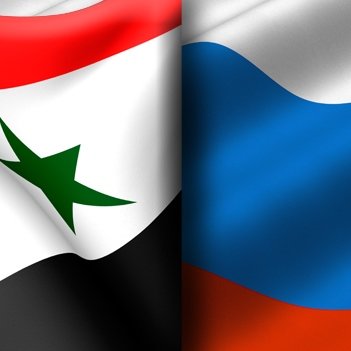(The Diplomat) Kyrgyzstan’s political and strategic value as a partner for the United States in Central Asia has waned as the transit center at Manas was closed and the U.S. combat mission ended in Afghanistan in 2014. The scrapping of a treaty with Washington almost as old as independent Kyrgyzstan itself over a diplomatic row last month (read more about that here) surprised regional watchers to an extent and can be viewed as a low point in the bilateral relationship, but it may be more of a case of the “mouse that roared” than a death knell for U.S.-Kyrgyz relations.
At a discussion hosted by George Washington University’s Central Asia Program, Erica Marat of the National Defense University, Eric McGlinchey of George Mason University, and Sean Roberts of George Washington University commented on the future of U.S.-Kyrgyz relations looking at the twin contexts of the recent diplomatic spat and the upcoming elections. […]
In part, the overreaction may be attributed to a misunderstanding that is fairly common, especially in the former Soviet Union, that there is more direction and intent behind such awards on the part of the U.S. government–that they are intended to send a specific meaning at a specific point in time. Roberts noted that “the governments in these countries perceive these things as having more direction behind them, as having a more conspiratorial approach. Like this is part of some kind of message.”
What makes a democracy? McGlinchey said that what makes a democracy is both a “hot family feud” and having “leaders that actually believe in democracy.” In Kyrgyzstan, he said that the first is definitely present–there is lively political debate–but that the second is less clear. While many ordinary Kyrgyz believe in democracy, he said, “we don’t have leading politicians in Kyrgyzstan who actually believe in democracy. And what happens…it happened with Akayev, it happened with Bakiyev, I think it’s happening with Atambayev, is these people espouse democracy before they get into power and then they get into power and then they become autocrats.”
Roberts added that “there’s a question about whether a democratic system does need some chance to mature and whether some of the growing pains you also see in this is that a lot of Kyrgyz officials feel that the U.S. doesn’t give them the credit for that. That they don’t understand that yes, this is difficult.” He went to comment that perhaps part of the development of democracy is seen not just in the rising tide of nationalism but the trend of Kyrgyz politicians, who are not necessarily nationalists themselves, picking up on nationalist themes because that’s what sells in an election campaign.
Read More © The Diplomat










